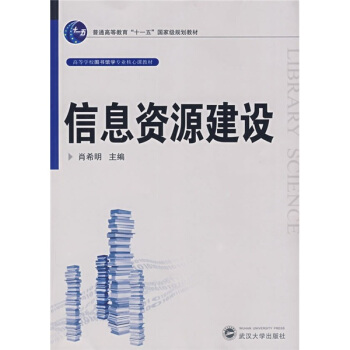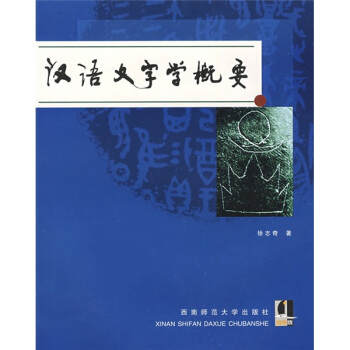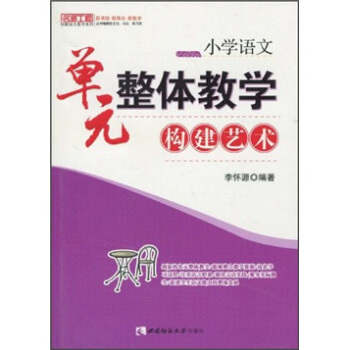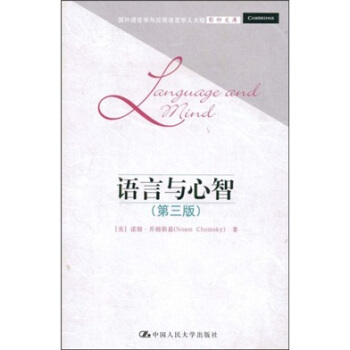

具体描述
内容简介
This is the long-awaited third edition of Chomsky s outstanding collection of essays on Language and mind. The first six chapters, originally published in the 1960s, made a groundbreaking contribution to linguistic theory. This new edition complements them with an additional chapter and a new preface, bringing Chomsky s influential approach into the twenty-first century.Chapters 1-6 present Chomskys early work on the nature and acquisition of language as a genetically-endowed, biological system (Universal Grammar), the rules and principles of which we acquire as internalized knowledge (I-language). Over the past fifty years, this framework has sparked an explosion of inquiry into a wide range of languages, and has yielded some major theoretical questions. The final chapter revisits the key issues, reviewing the "biolinguistic" approach that has guided Chomsky s work from its origins to the present day, and raising some novel and exciting challenges for the study of language and mind.
目录
Preface to the third editionPreface to the second edition
Preface to the first edition
1 Linguistic contributions to the study of mind: past
2 Linguistic contributions to the study of mind: present
3 Linguistic contributions to the study of mind: future
4 Form and meaning in natural languages
5 The formal nature of language
6 Linguistics and philosophy
7 Biolinguistics and the human capacity
Index
精彩书摘
One difficulty in the psychological sciences lies in the familiarity of the phenomena with which they deal. A certain intellectual effort is required to see how such phenomena can pose serious problems or call for intricate explanatory theories. One is inclined to take them for granted as necessary or somehow "natural."The effects of this familiarity of phenomena have often been discussed. Wolfgang K6hler, for example, has suggested that psychologists do not open up "entirely new territories" in the manner of the natural sciences, "simply because man was acquainted with practically all territories of mental life a long time before the founding of scientific psychology.., because at the very beginning of their work there were no entirely unknown mental facts left which they could have discovered."1 The most elementary discoveries of classical physics have a certain shock value man has no intuition about elliptical orbits or the gravitational constant. But "mental facts" of even a much deeper sort cannot be "discovered" by the psychologist, because they are a matter of intuitive acquaintance and, once pointed out, are obvious.
There is also a more subtle effect. Phenomena can be so familiar that we really do not see them at all, a matter that has been much discussed by literary theorists and philosophers. For example, Viktor Shldovskij in the early 1920s developed the idea that the function of poetic art is that of "making strange" the object depicted. "People living at the seashore grow so accustomed to the murmur of the waves that they never hear it. By the same token, we scarcely ever hear the words which we utter... We look at each other, but we do not see each other any more. Our perception of the world has withered away; what has remained is mere recognition." Thus, the goal of the artist is to transfer what is depicted to the "sphere of new perception"; as an example, Shklovskij cites a story by Tolstoy in which social customs and institutions are "made strange" by the device of presenting them from the viewpoint of a narrator who happens to be a horse.
前言/序言
The first six chapters that follow are from the late 1960s, mostly based on talks for general university audiences, hence relatively informal. The final chapter is from 2004, based on a talk for a general audience. This recent essay reviews the "biolinguistic approach" that has guided this work from its origins half a century ago, some of the important developments of recent decades, and how the general approach looks today - to me at least.The dominant approach to questions of language and mind in the 1950s was that of the behavioral sciences. As the term indicates, the object of inquiry was taken to be behavior, or, for linguistics, the products of behavior: perhaps a corpus obtained from informants by the elicitation techniques taught in field methods courses. Linguistic theory consisted of procedures of analysis, primar- ily segmentation and classification, designed to organize a body of linguistic material, guided by limited assumptions about structural properties and their arrangement. The prominent linguist Martin Joos hardly exaggerated in a 1955 exposition when he identified the "decisive direction" of contemporary struc- tural linguistics as the decision that language can be "described without any preexistent scheme of what a language must be." Prevailing approaches in the behavioral sciences generally were not very different. Of course, no one accepted the incoherent notion of a "blank slate." But it was common to sup- pose that beyond some initial delimitation of properties detected in the environ- ment (a "quality space," in the framework of the highly influential philosopher W. V. O. Quine), general learning mechanisms of some kind should suffice to account for what organisms, including humans, know and do. Genetic endow- ment in these domains would not be expected to reach much beyond something like that.
用户评价
我购入这本书纯粹是出于对“应用语言学”这四个字的执念,因为我更倾向于将理论与实际教学或交际问题挂钩。这本书在这一点上做得相当不错,它没有仅仅停留在纯理论的探讨,而是将很多抽象的概念落地到了具体的语言现象分析中。比如,在讨论二语习得的模型时,它引用了大量的课堂观察数据和实验结果,让人信服力倍增。阅读这本书的过程就像是跟随一位经验丰富的导师进行深度对话,他不仅告诉你“是什么”,更会耐心地解释“为什么是这样”,以及“在什么情况下会发生变化”。当然,这本书的阅读门槛不低,很多涉及神经科学或复杂统计模型的段落,我只能大致理解其主旨,细节部分还需要多次回看。但我认为,这种略带挑战性的阅读体验恰恰是它价值所在——它强迫你离开舒适区,去接触那些真正严谨的学术对话。
评分这本书的书名实在太长了,第一次在书店看到它的时候,光是念完名字就觉得有点气喘吁吁的。不过,冲着“国外语言学与应用语言学”这个标签,我还是忍不住把它拿起来翻了翻。里面的内容看起来确实很厚实,封面设计是那种典型的学术丛书风格,简约、沉稳,让人感觉内容一定非常硬核。我记得当时我主要关注了一下目录,发现涉及的领域非常广泛,从早期的语言习得理论到后来的社会语言学思潮,似乎都有所涉猎。虽然我不是专业的语言学研究者,但对语言如何影响思维这个话题一直很感兴趣,这本书似乎正是我想要的。我当时还特意看了看翻译的质量,考虑到是影印文库,我对翻译的流畅性有那么一点点担忧,但翻阅的结果还算令人满意,专业术语的翻译都很到位,没有出现那种让人一头雾水的直译。总的来说,它给我的第一印象是非常专业、内容全面,适合需要深入了解语言学前沿动态的读者,当然,前提是你有足够的时间和精力去啃下这些“硬骨头”。
评分说实话,这本书的厚度和内容密度让我有点望而却步,但身边的同行都在谈论它,我感觉再不翻翻,就要跟不上学术圈的节奏了。我主要是把它当做工具书来使用的,需要查阅某个具体理论的经典出处或者某个学派的核心观点时,这本书的索引和目录就显得非常给力了。它的索引编排得极其细致,哪怕是一个不常见的概念,通常也能在几秒钟内找到对应的页码,这大大提高了我的研究效率。我个人对这本书的翻译注释部分印象深刻,编者似乎非常用心地对那些特定背景下的术语进行了补充说明,这对于我们这些非母语研究者来说,简直是雪中送炭。唯一的“槽点”可能在于,它更偏向于对既有理论的梳理和总结,如果你期待的是一本充满颠覆性、革命性的著作,那这本书可能略显保守。但对于夯实基础、建立完整知识体系而言,它绝对是无出其右的上佳选择。
评分我是在一个学术论坛上偶然看到有人推荐这本书的,当时讨论的主题是认知语言学的前沿进展。那位推荐者用了一种非常直白但又充满热情的语气描述了这本书的价值,说它就像一个“宝库”,把过去几十年里最重要的几批国外研究成果都系统地整合在了一起。我当时对认知心理学和语言的交叉领域特别感兴趣,所以立马就去搜索了这本书。拿到手后,我发现这本书的排版其实相当清晰,虽然是影印本,但文字和图表的对比度控制得很好,阅读起来不费劲。我特别喜欢它在阐述理论时那种严谨的逻辑链条,不像有些科普读物那样浮于表面,它会深入到实验设计和论证过程,这对我理解某些复杂概念很有帮助。我花了大约两周时间精读了其中关于“心理表征”的章节,感觉自己的思维框架被刷新了不少,对于如何用更科学的方式去观察日常语言现象有了全新的视角。这本书的贡献可能不在于提出多么惊世骇俗的新理论,而在于它提供了一个坚实的知识基石,让你站在巨人的肩膀上看得更远。
评分这本“语言与心智”对我来说,更像是一份沉甸甸的学术地图集。我喜欢它宏大的视野,它不局限于某一个单一的语言研究流派,而是努力构建一个跨越不同学派、不同视角的综合性框架。我特别欣赏它在处理争议性问题时的平衡态度,它会清晰地呈现A学派的观点和B学派的反驳,然后用中立的笔墨引出新的研究方向,而不是偏袒任何一方。这种开放和包容的学术精神,是这本书最打动我的地方。它让我明白,语言学领域充满了活力和思辨,远比我们日常交流时想象的要复杂得多。虽然阅读过程比较耗时,需要大量的专注力,但每攻克一个章节,都会有一种豁然开朗的感觉。对于那些想全面了解语言学这门学科发展脉络的深度学习者来说,这本书绝对是值得收藏和反复研读的经典之作,它提供的知识深度和广度,是其他任何零散资料无法比拟的。
评分普通人的追求通常会被简化为对物质财富的占有。影片情节简单,人物单纯,背景也并不复杂。青年农民工小贵,城市贫民子弟小坚,分别串起影片叙事主线,一辆单车,两个人物,同一个故事。
评分进城务工的小贵有着农民的朴实与执拗,为了生存,拼命工作;为了延续对城市美好生活的憧憬和实现此目的的希望,他不顾一切地死死找寻被盗的单车。小坚,作为现代城市贫民的他,表现的是一种既想追求与生活环境相配的生活质量,但又囿于自身经济水平的无奈的尴尬。本该在这一年纪享受青春的两个人,又因各自的身份不得不承受起这生命的沉重。
评分不错的书,考试用,希望那孩子成功
评分快递和给力,内容都是英文的,是自己想要的书
评分快递和给力,内容都是英文的,是自己想要的书
评分都是需要的专业书,趁打折买下
评分不错, 语言学家的书就是严谨.
评分这本语言与心智一书,值得一看
评分虽然我也看不懂,但是乔姆斯基这么大名气,引用率前十的人文学者中,就乔姆斯基一个是活人,别的都是古人。像柏拉图、亚里斯多德、马克思等人。这说明乔姆斯基的影响力是十分巨大的,也是当今毫无疑问的最有影响力的公共知识分子,这样的人的书,怎么能不买呢。诺姆·乔姆斯基(Noam Chomsky)基出生在宾夕法尼亚州的费城。他的父亲威廉·乔姆斯基(William Chomsky)是希伯来学者,来自一个后来被纳粹灭绝了的乌克兰小镇。她的母亲艾尔西·乔姆斯基·西蒙诺夫斯基(Elsie Chomsky Simonofsky)是白俄罗斯人,但跟她的丈夫不同的是,她生长在美国,说“普通的纽约英语”。他们两人的第一语言都是意第绪语,虽然乔姆斯基本人说父母在家禁止讲这种语言。他说,他们住在分裂为“意第绪区”和“希伯来区”的犹太人聚居地,他的家庭认同后者,并用“纯粹的希伯来文化和文学”教导他。乔姆斯基记得他的第一篇文章写于10岁那年,文章是论在巴塞罗那陷落之后,纳粹主义蔓延的威胁。从12或13岁开始,乔姆斯基更加彻底地认同无政府主义。毕业于费城中央高中,1945年起在宾夕法尼亚大学师从哲学家C·维斯特·切奇曼(C. West Churchman)、尼尔森·古德曼(Nelson Goodman)和语言学家泽里格·哈里斯(Zellig Harris)学习哲学和语言学。哈里斯对他讲授了自己在语言结构线性算子方面的发现。乔姆斯基后来把这些解释为对来自标记系统的上下文无关文法产物的操作。哈里斯的政治观点对乔姆斯基政治立场的形成产生了重要影响。1949年,与语言学家卡罗尔·沙茨结婚(Carol Schatz)。婚后育有两女:阿维瓦(Aviva,1957年)和戴安(Diane,1960年)。还有一子哈里(Harry,1967年)。1955年,取得宾夕法尼亚大学语言学博士学位。他的大部分博士研究是用四年时间以哈佛年轻学者的身份在哈佛大学完成的。在博士论文中,他开始发现自己的一些语言学思想,后来他将这些进一步阐发,写成了他在语言学方面大概最有名的著作——《句法结构》。语言是天赋的,大脑中有专门的语言装置,我们每个人从一出生就具有掌握人类一切语言的能力,在两三年间由外部环境给语言装置设定特定的参数,于是人就具体掌握了一门语言。其理论不同于结构主义语言观,结构主义认为,人类习得语言是一个“刺激——反应”的过程,并不是一出生就具有语言能力。乔姆斯基语言观的哲学基础是理性主义,而结构主义学派的哲学基础是经验主义。说话人通过一系列结构规则可以生成这种语言的句子的深层结构,即在每个句子表达出来以前就在大脑中存在的概念结构。形成了这种句子的深层结构之后,他头脑中已经有了一个正确的句子。在乔姆斯基看来,人们在说话之前他的头脑中存在着一个深层的语言结构或是思维能力,而且会形成一个内在的正确的句子。
相关图书
本站所有内容均为互联网搜索引擎提供的公开搜索信息,本站不存储任何数据与内容,任何内容与数据均与本站无关,如有需要请联系相关搜索引擎包括但不限于百度,google,bing,sogou 等,本站所有链接都为正版商品购买链接。
© 2026 windowsfront.com All Rights Reserved. 静流书站 版权所有



![新闻评论与电子媒介 [Study of News Comment] pdf epub mobi 电子书 下载](https://pic.windowsfront.com/10092995/a2953408-8e88-4b8f-bb76-109343981092.jpg)

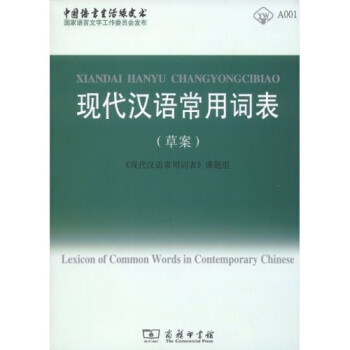
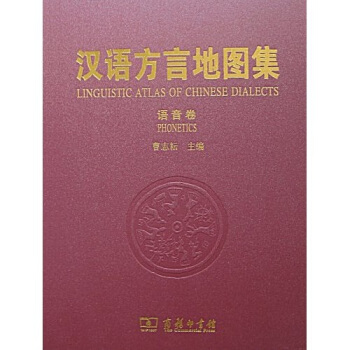
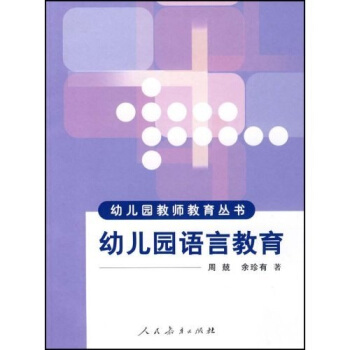
![教育社会学(第9版) [Education Society and Education(9th Edition)] pdf epub mobi 电子书 下载](https://pic.windowsfront.com/10151612/421c7475-19d4-47a1-8f42-b8f106b458f4.jpg)
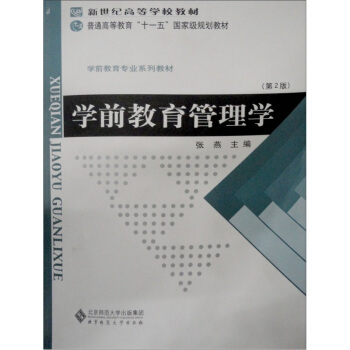


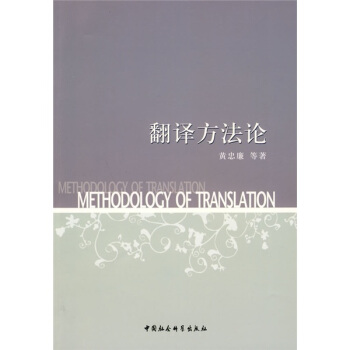
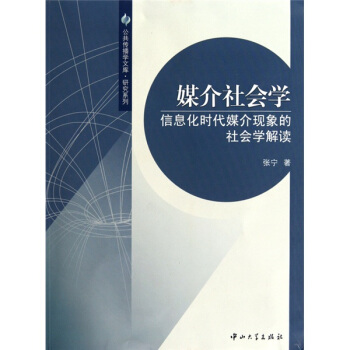
![教授新语言 [Presenting New Language] pdf epub mobi 电子书 下载](https://pic.windowsfront.com/10293119/f0173737-d08f-4008-a8ac-d68d1a0adc81.jpg)
